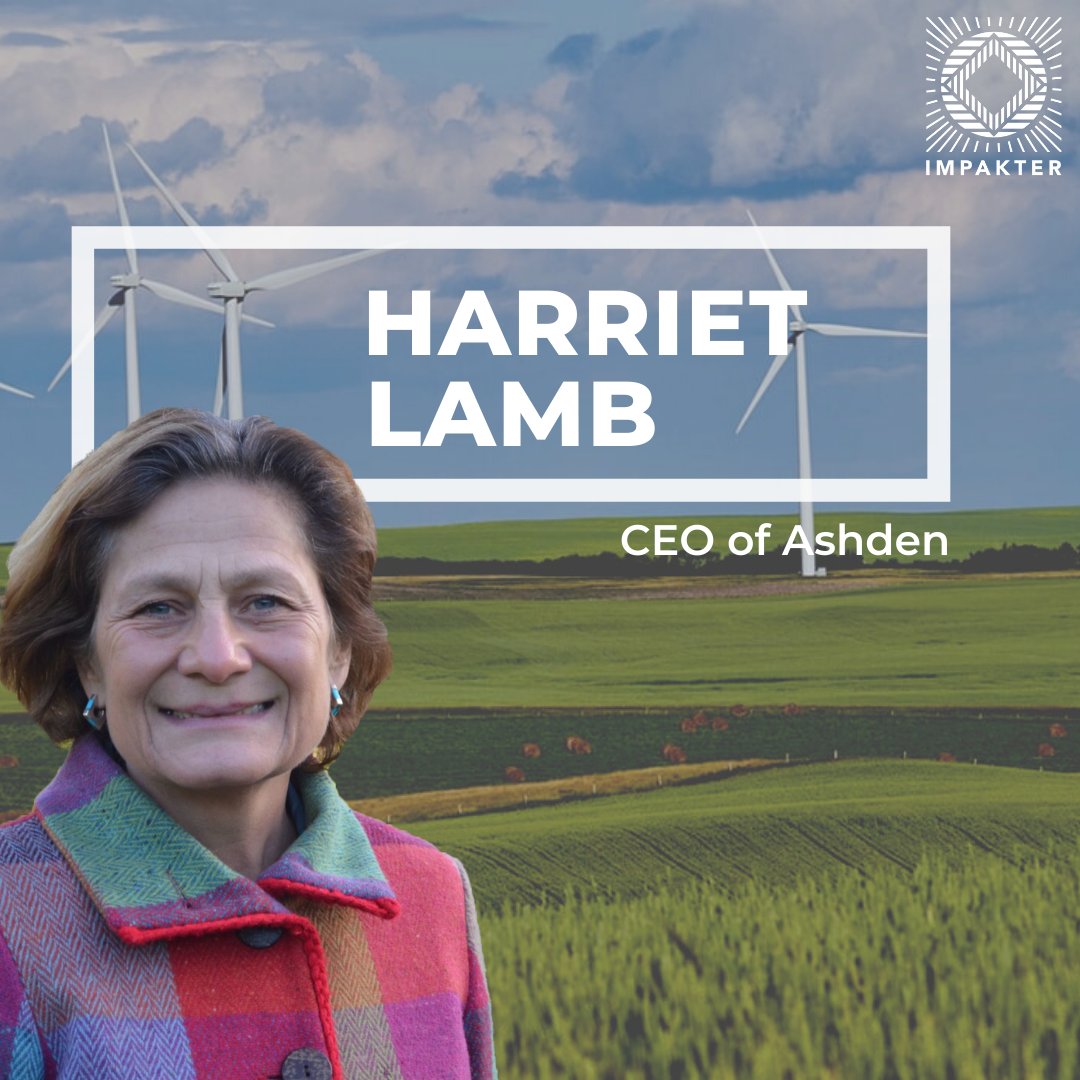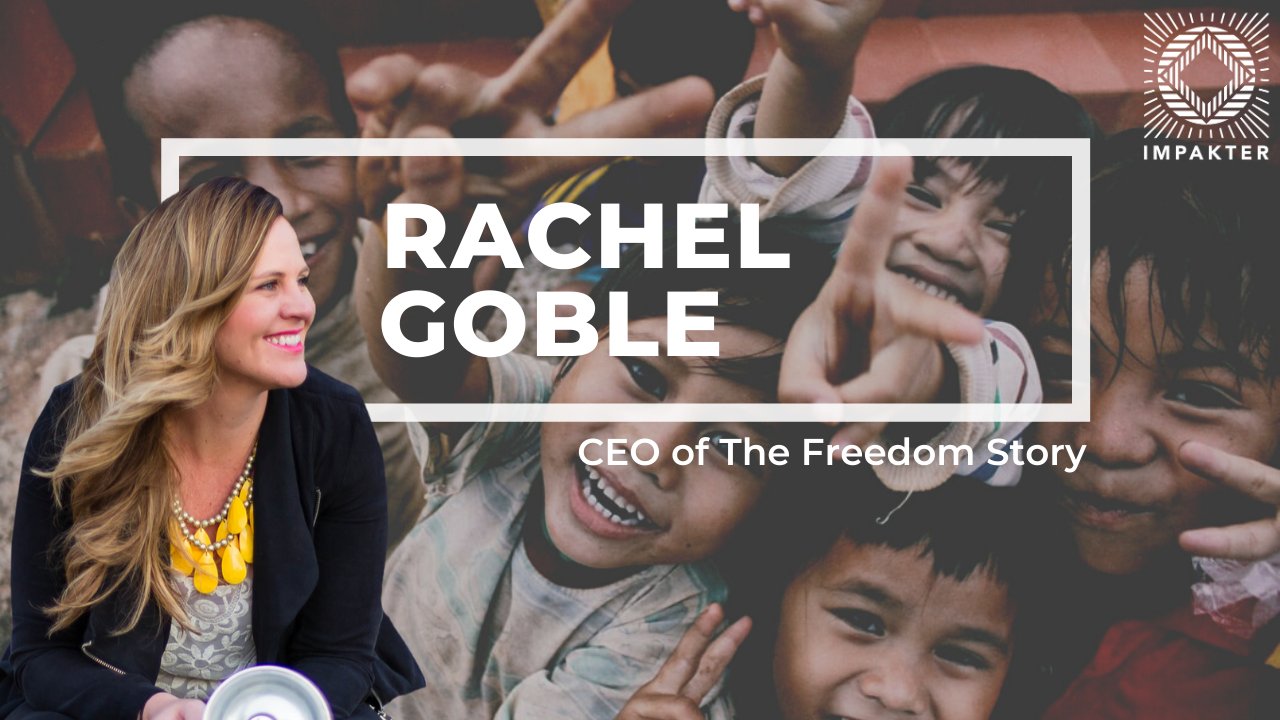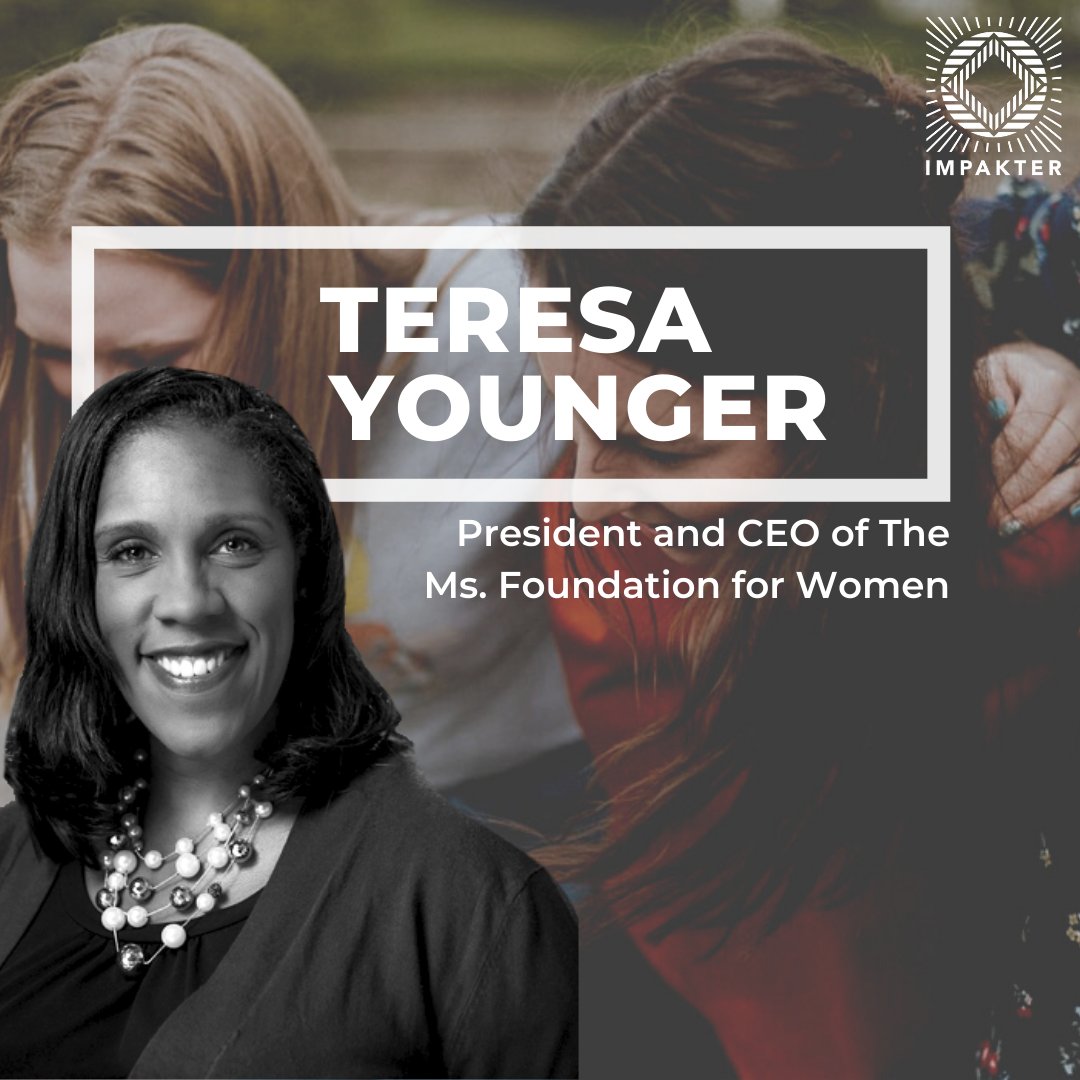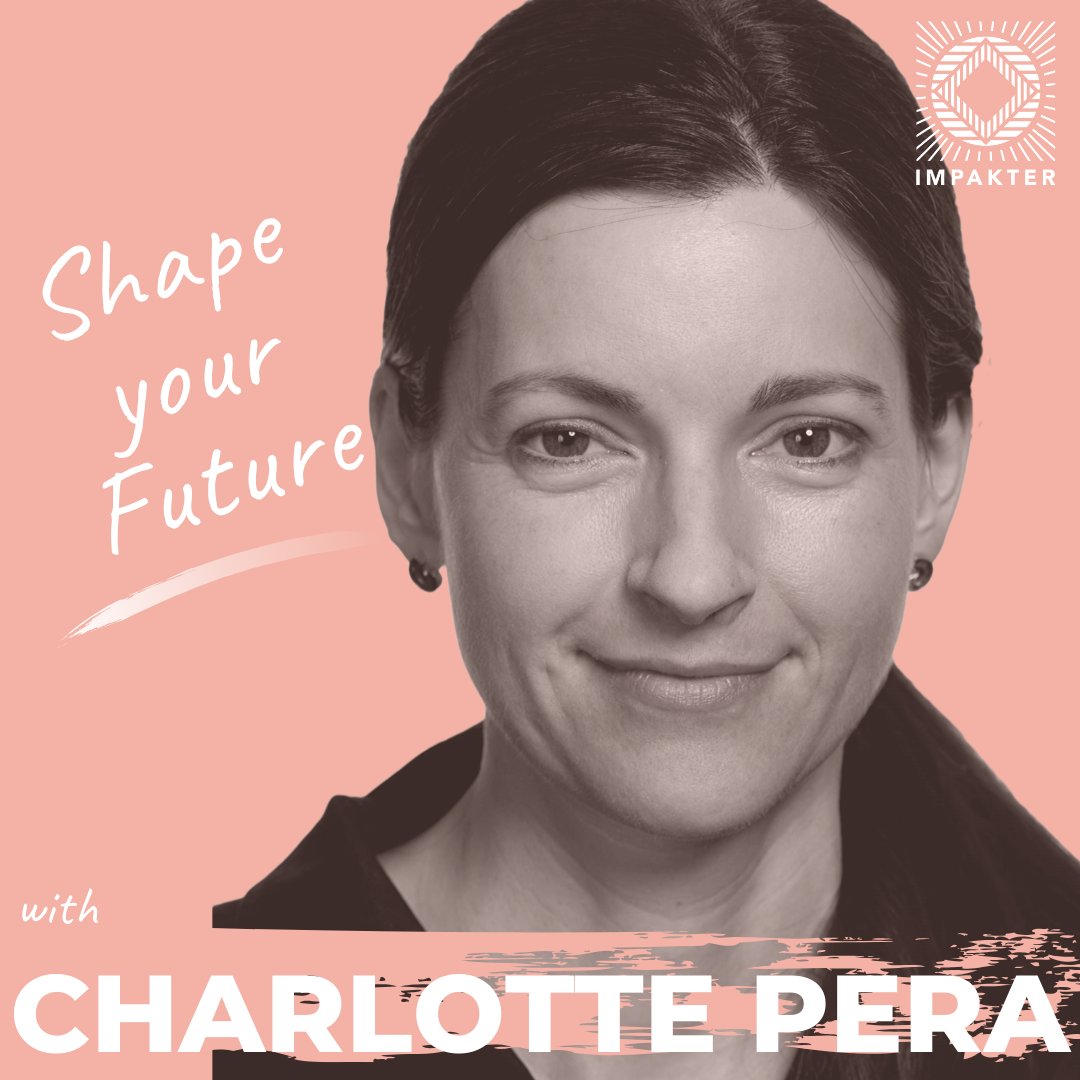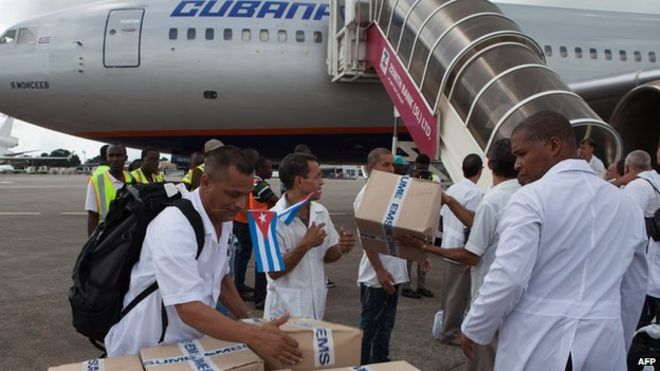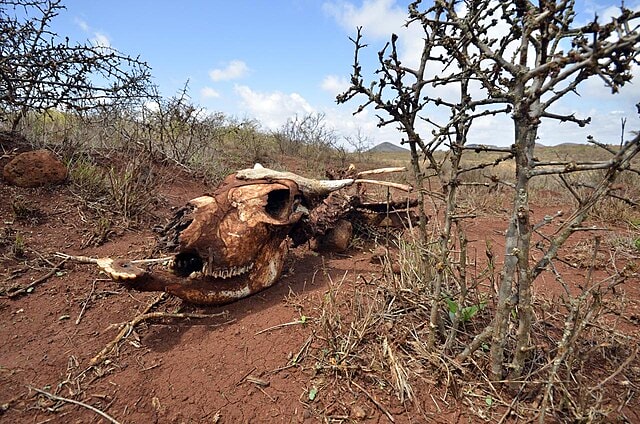Céline Cousteau is an ecological and humanitarian activist. She works through different media such as documentaries and art in order to communicate on the interconnectivity between human and nature. She is the creator and CEO of CauseCentric Productions. This entity produces and distributes multimedia content, mostly short films communicating the actions and history of local organizations. The focus is on their work and on the people addressing environmental and socio-cultural issues.
Céline Cousteau is also the founder of a film scholarship program called the Outdoor Film Fellowship. This allows young filmmakers, creative and activist, to motivate change by giving them the means to achieve their narrative.
In 2019, Céline Cousteau released her first feature-length documentary called “Tribes on Edge“.
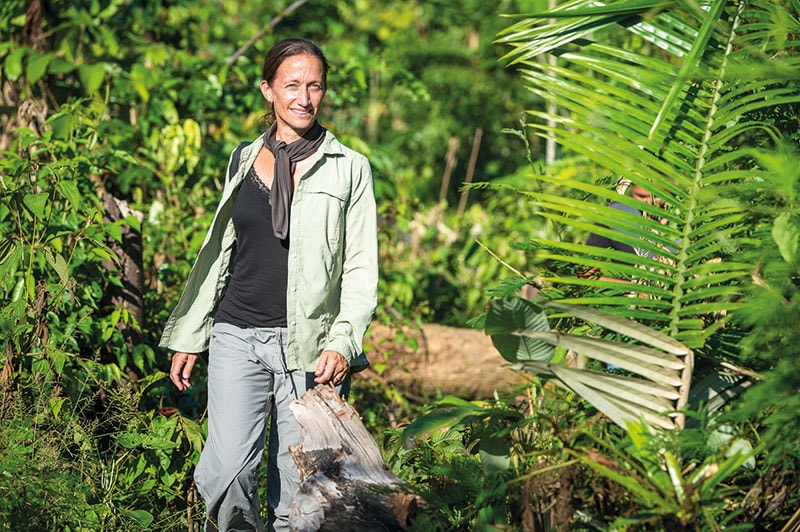
As a documentary filmmaker and explorer, you went to places where your grandfather, famous explorer Jacques Yves Cousteau, has already been, for a series distributed on France 3, one of the biggest French channels. What part of the world that you discovered has changed the most in two generations? What happened and are there solutions implemented to see a little bit of what we could have found 50 years ago, during your Grandfather’s time?
Céline: One part of the world that I have had a long-standing connection with has been the Brazilian Amazon. I first travelled to the Amazon when I was 9 with my grandfather during one of his expeditions. I returned again in 2006-2007 and amongst the places we visited was the Vale do Javari region, which eventually led to my latest documentary and impact campaign Tribes on the Edge. In the film, I touch on how the wild and lush jungle I first experienced as a child changed greatly when I returned in 2007. Deforestation caused by illegal logging, agribusiness and gold mining along with rampant infectious disease that is plaguing the Indigenous Peoples who are the natural guardians of their home was alarming. As we all know, right now the situation in the Amazon is increasingly dire. While progress was made toward the protection of the rainforest and Indigenous lands after the 1980s, this has radically shifted with the election of Bolsonaro. And right now an ecosystem that cannot be emphasized enough as being critical in our planet’s fight against climate change and the individuals that protect it teeter on the verge of extinction.
During the realization of this series, you mainly focused on the people who are advocating for the ecosystem and our planet. In which country did you discover the most beautiful way to live in harmony with nature and why? Do you believe that those communities/ people will be able to continue to live their way of life in 50 years?
Céline: There is a beautiful harmony between the Indigenous Peoples of the Vale do Javari and the Brazilian Amazon. Deforestation rates in the Amazon increased by 13.7% in the past year according to BBC, however where there is indigenous land there is no deforestation. The indigenous communities in the Amazon are the frontline guardians protecting the Amazon. Considering the Amazon produces 20% of our oxygen, I would imagine it is to everyone’s interest to help them keep their lands safe. There are approximately 1 million Indigenous Peoples in the Amazon in comparison the 7.7 billion people on the planet. If we just want to do simple math, it means that each Indigenous provides 1,540 people with oxygen daily. They protect our 5th breath over and over again. Yet, while they are protecting us by protecting their home, their lives are threatened every day by violence from illegal activities such as logging, mining and farming. Under the current regime in Brazil, Indigenous Communities are at an even greater risk as their legal protections are being stripped and funding for organizations like FUNAI gutted. What’s most important right now is to listen to the indigenous communities and to ask them what they need. We are doing just that in the Vale do Javari, a territory the size of Austria, as part of Tribes on the Edge’s Action Initiative – the peoples of the Javari requested help to monitor illegal activities on their land and identify the whereabouts of uncontacted tribes so they can keep them safe. Additionally, they asked for help building a community house where they can come together to continue their traditions, further education, and discuss how to best protect their land and people.
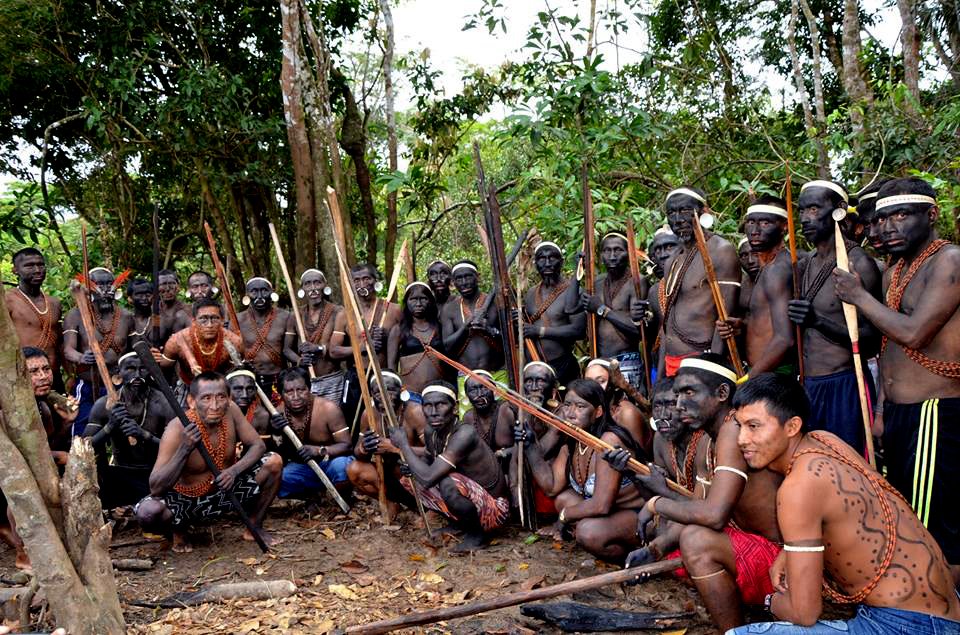
You are the founder and executive director of CauseCentric Productions. What inspired you to create this organization and, for you, what are the most meaningful “Cause Centric” content you have produced and distributed and the ones you hope to produce?
Céline: CauseCentric Productions was created to share solution-based stories of grassroots organizations and individuals who are working to tackle today’s pressing environmental and socio-cultural issues. Often these small grassroots projects receive little to no media attention in response to the hard work and real change they are creating in the world. The hope was to help these groups gather additional momentum to further their work and to inspire everyone to take positive actions, big and small, toward the causes they support. It’s hard to rate one project as more meaningful than the other, but through CauseCentric Productions I directed and produced Tribes on the Edge which has been the biggest project to date. But every production has happened because belief in the work the person or organization is undertaking- whether replanting coral, training young scientists, or protecting a pristine landscape – they’re all inspiring.
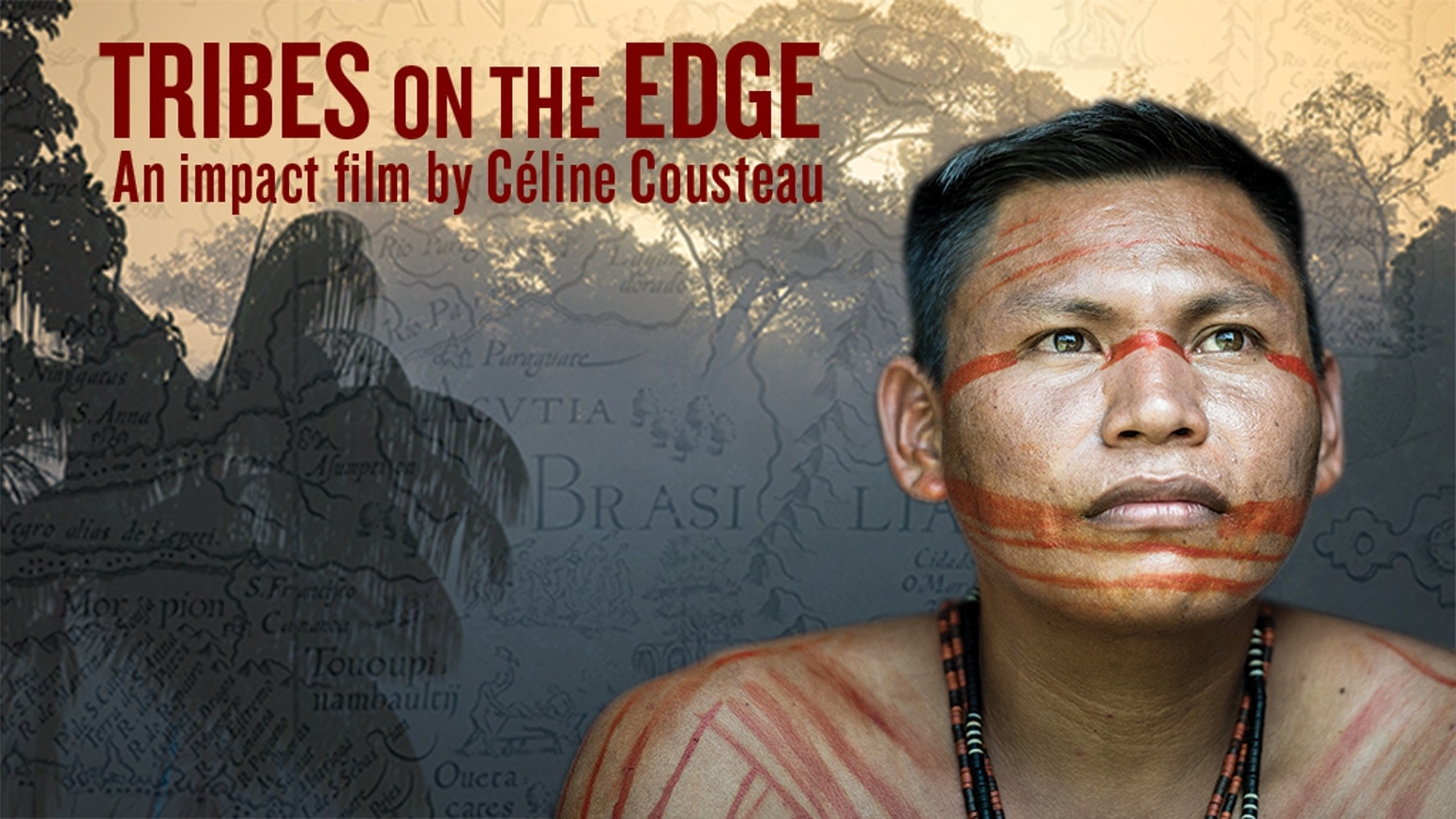
You also co-founded The Outdoor Film Fellowship, a nonprofit program with the aim of inspiring change through filmmaking. What inspired you to become an activist entrepreneur and to help other activists? Who is your role model, the person that inspires you?
Céline: My co-founder, Adam Benton, and I created the fellowship because of the power of our youth as our future leaders and the hope they bring for tomorrow. The idea behind the fellowship was that one element in safeguarding environmental protection, cultural preservation, social justice and governmental policy we need to empower and inspire the next generation of storytellers. We realized after the first year that there was a profound result from having our fellows deeply connect with each other – to be out there in the field and work together to create a film about a cause they care deeply about from start to finish. Today, It’s easy for people to feel disconnected and unsure about how they can make a difference. But, when we slow down, connect to the people and natural ecosystems around us we realize that most of the answers are already there, it’s up to us to listen, share what we’ve learned and to catalyze action with a conversation, in the case of the fellowship through a film.
In relation to our Shape Your Future video series, I would like to ask you one more question, in fact, the one to top them all and to guide all of us:
“How do you shape your future?”
EDITOR’S NOTE: The opinions expressed here by Impakter.com columnists are their own, not those of Impakter.com. “Shape Your Future” Video cover with: Céline Cousteau, Documentary filmmaker and Founder and Executive Director of CauseCentric Production – Edited by Impakter.com


